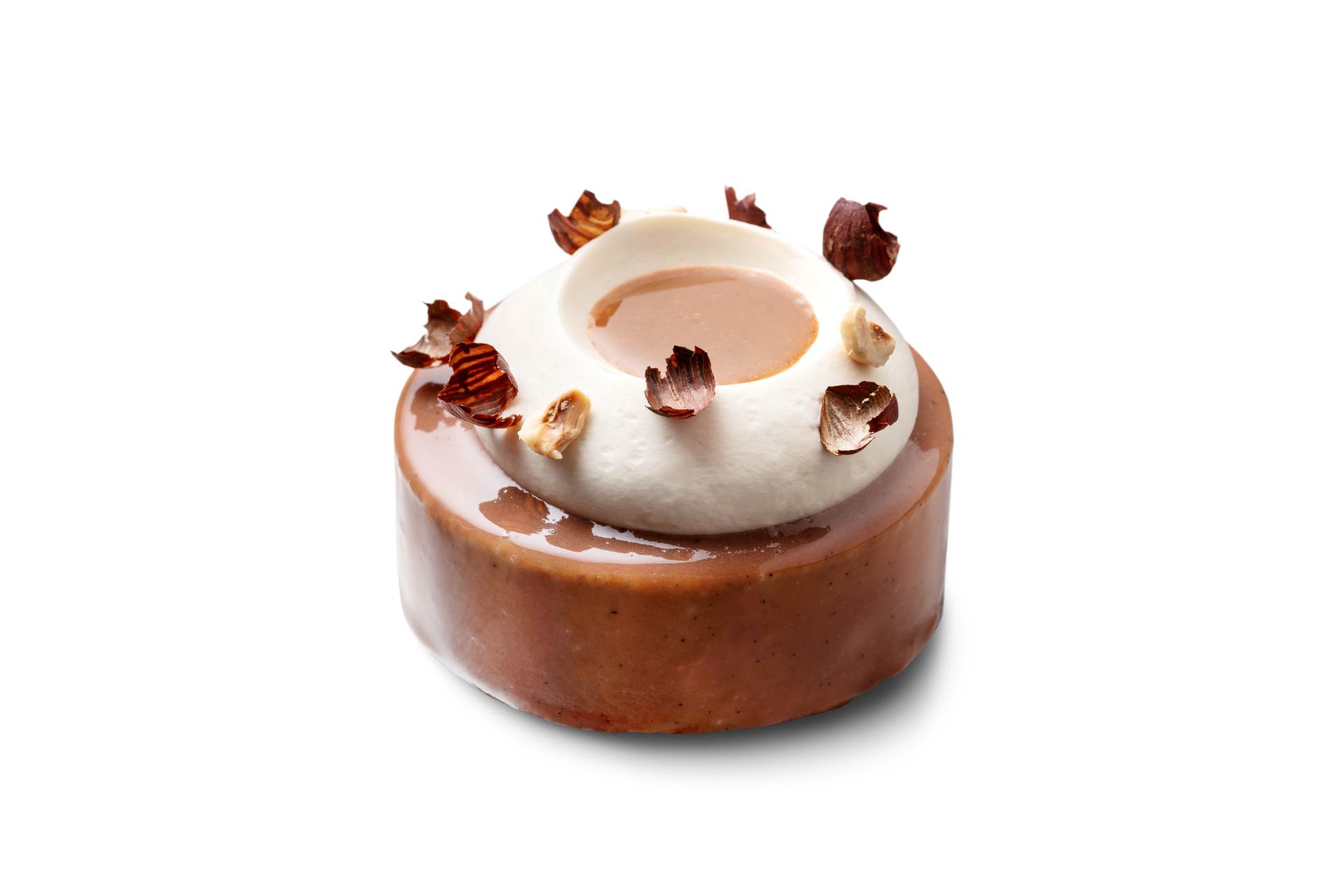Time for sustainability
In the past, you would order the finest ingredients from all over the world without hesitation and without giving a second thought to the packaging materials. But times are changing. We now know that our oceans are full of plastic and that a third of the world’s food production goes to waste. The penny has finally dropped; it can’t go on like this. It has to be better. And more sustainable. As a chef, you too can contribute to this. It may not always be easy, but it does feel good. A better world – for you, your guests and all the people and animals that will come after you.
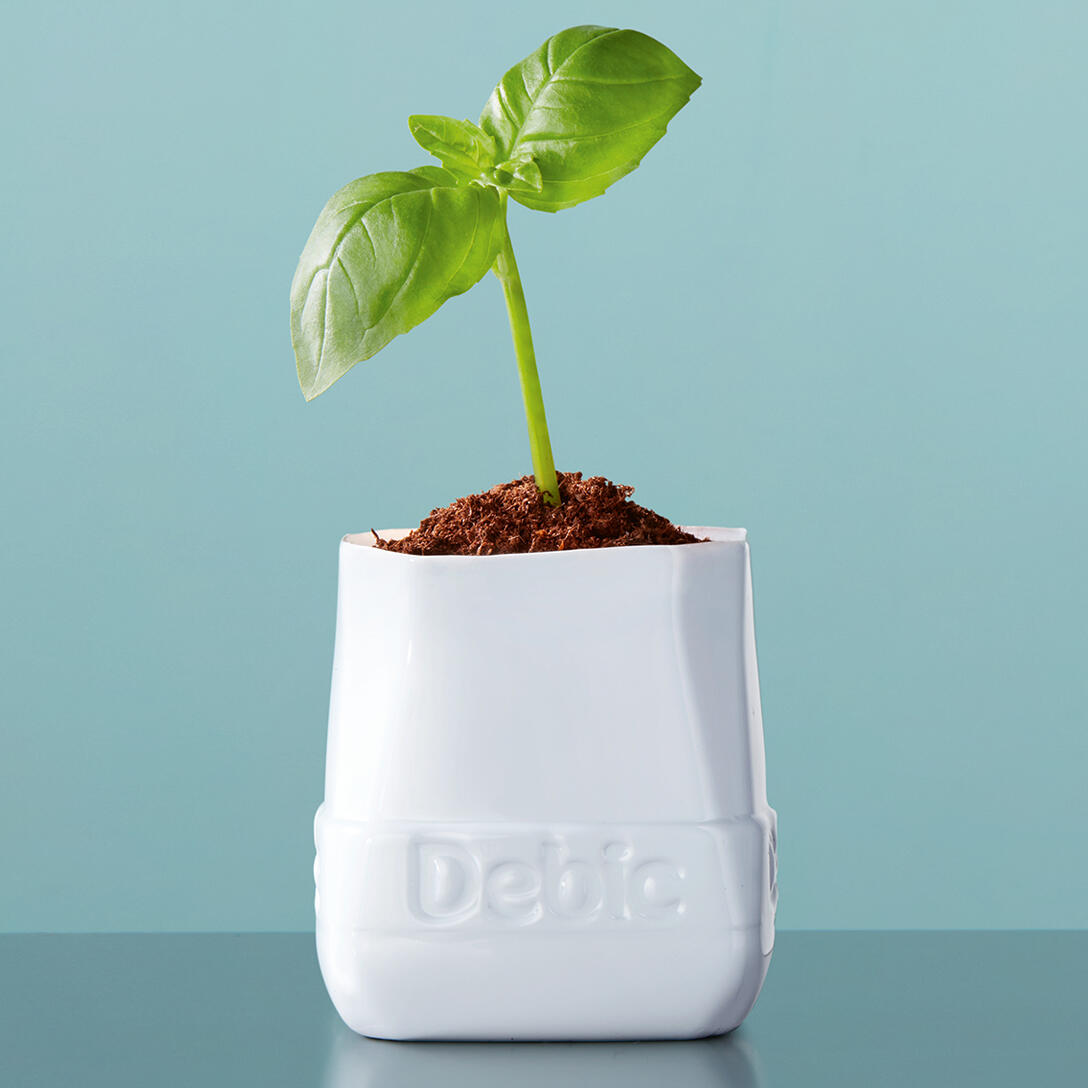
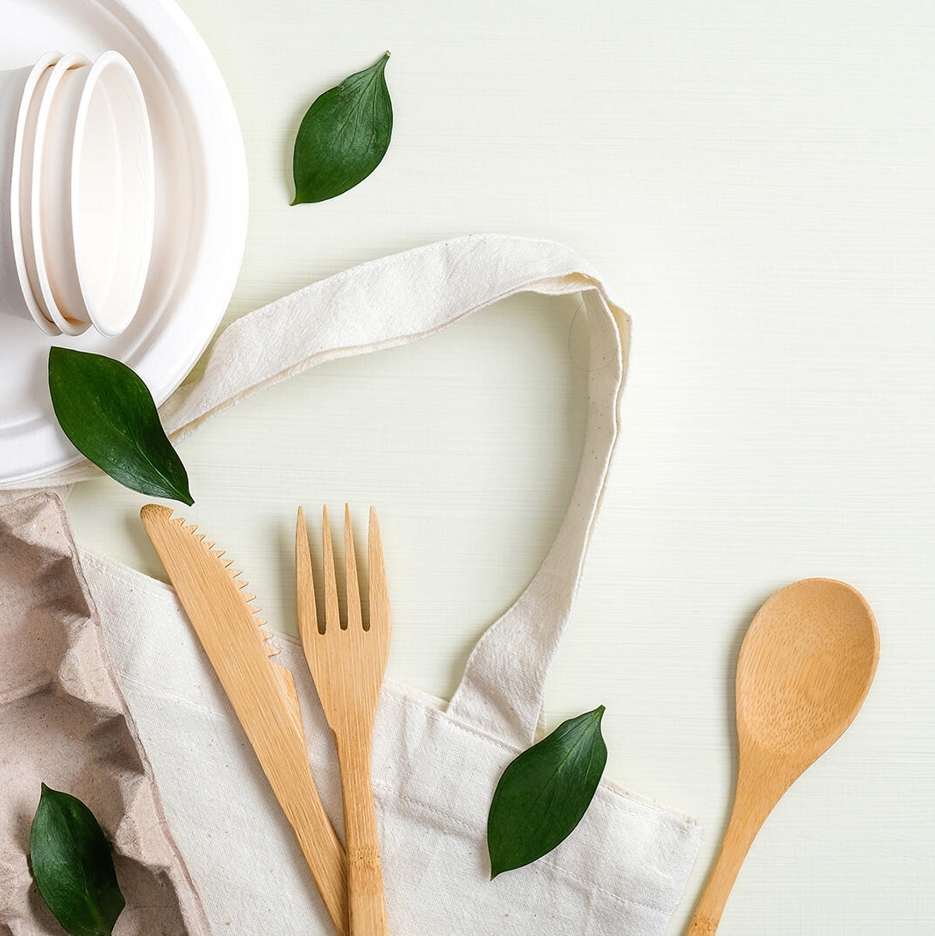
There are many ways to use less plastic. Storing food in stainless steel containers, refilling herbs in glass, ceramic or stainless steel dispensers and using lids instead of cling film to cover pots and pans. You do this for your environment, but maybe also a bit for Michelin. Because that green Michelin star, a new, annual award for pioneering sustainable chefs, is perhaps just as much of a boost for your business as the traditional Michelin stars.
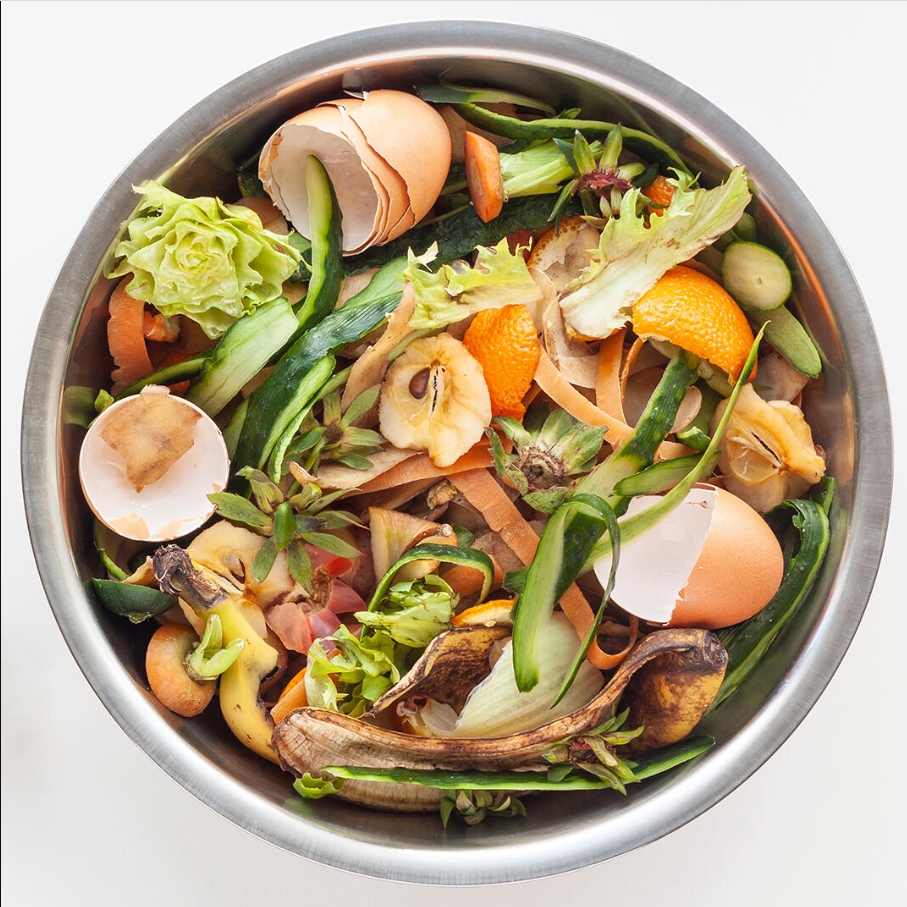
If you want, you can have everything all year round – from strawberries in winter to green beans from Africa. But let’s not do that anymore. Cooking according to the seasons is much more sustainable. Then no polluting planes need to take to the skies and no greenhouses need to be heated or lit to produce your ingredients. Rather than just looking at what wholesalers are supplying, try looking at what nature has to offer. We bet you’ll love it!
Reusing leftovers
In Europe, as much as 173 kilograms of food per person are thrown away every year. Not exactly sustainable, but it doesn’t have to be that way. Be innovative with your leftovers! Use the croissants from the breakfast buffet in your desserts. Use those wonky vegetables in your soups or omelettes. Don’t over-order from your suppliers and serve your guests smaller portions: it’s better to order an extra dish than to throw food away. Wasted food means wasted money. And that’s not what you want, right?
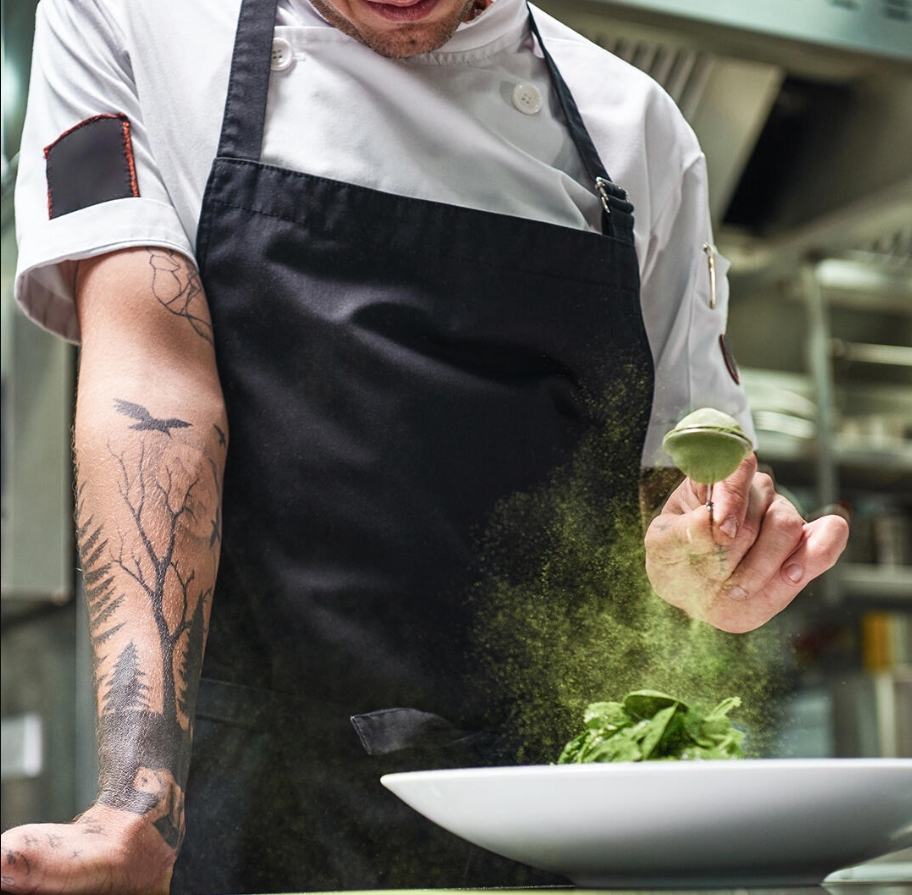
Reusing and using up are the trend, so encourage your guests to bring a doggy bag. Or, as a restaurant, you could sign up to an initiative where people can get discounted meals or products that would otherwise go into the bin. All fresh waste - egg shells, peels, coffee grounds or the trimmings of vegetables - is the perfect basis for compost. Separate your waste and use it in your vegetable garden or give it away. Recycling is, of course, a quick way to become more sustainable. Don't throw everything in one bin; present paper, plastic (including Debic's packaging) and glass waste separately. Finally, think about upcycling. This involves transforming old or “unusable” materials into something new. From old apron to new bag and from redundant furniture to refurbished jewel for someone else. Especially look at local initiatives to see what you can contribute. And even better, what you can reuse yourself.
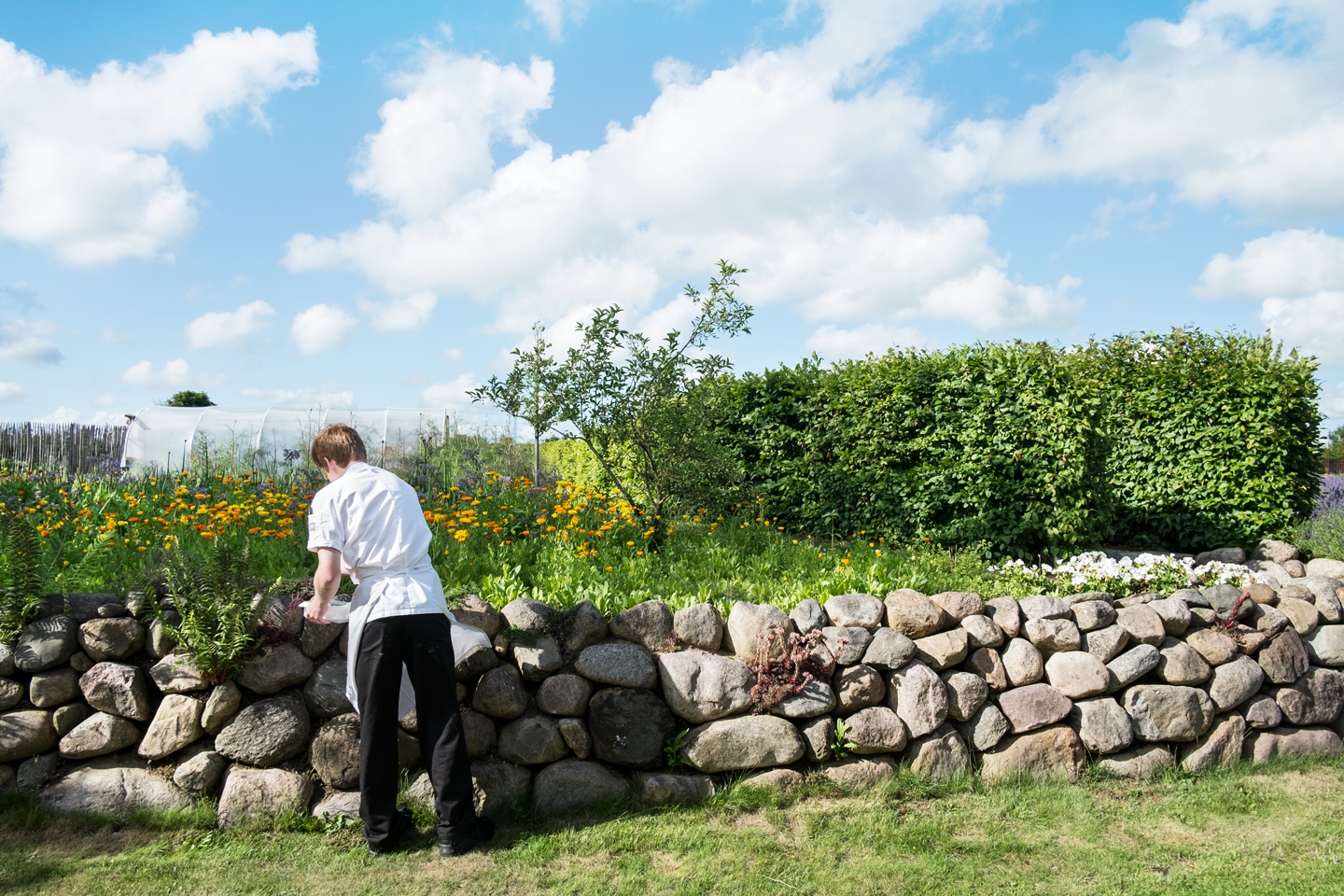
Read our article about sustainable business tips and tricks!
Discover more


